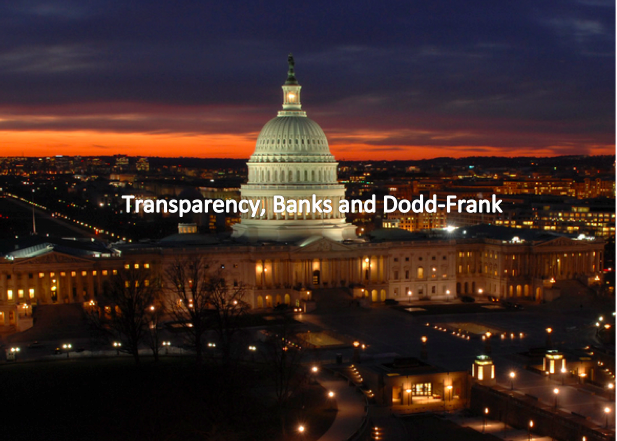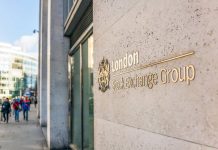
One of the most significant features of the Dodd-Frank Wall Street Reform Act of 2010 (Dodd-Frank) was the establishment of the Financial Stability Oversight Council (FSOC), a multi-agency regulatory watchdog entity charged with deciding which financial institutions require special Federal Reserve Board oversight due to being designated as systemically important. Until now, the secretive FSOC deliberations have focused mainly on the banking sector, but last fall, mutual fund companies were added to the basket of institutions whose collapse could presumably threaten the entire economy. One SEC commissioner has dubbed the council the Unaccountable Capital Markets Death Panel.
The Too Big To Fail Threshold
Dodd-Frank automatically puts banks with $50 billion or more in assets under Federal Reserve supervision; the FSOCs task is to decide which other banks and now mutual fund firms also need such oversight due to their importance to the economy. The council is made up of 10 members including the chairpersons of the Federal Reserve, the SEC and the FDIC and is headed by Treasury Secretary Jacob J. Lew.
Star Chamber Proceedings
Critics point to the secretive nature of FSOC proceedings as well as the lack of any advance notice to an organization that it is being considered for systemically important status. Decisions by the Financial Stability Oversight Council dramatically affect the operations of companies that are designated as systemically important financial institutions, according to Congressman Dennis Ross, a Florida Republican. He is spearheading legislation along with Democratic Congressman John Delaney of Maryland that would limit the powers of the FSOC and lift some of its secrecy.
Transparency or Secrecy
Lawmakers who favor changes to the FSOCs mode of operations claim that the council could be more transparent and still live up to its Dodd-Frank mandate. However, the Treasury secretary denies charges of opacity: The council has voluntarily adopted a robust transparency policy and put in place a comprehensive, deliberative approach to its evaluation of risks. It solicits public input and carefully considers all points of view, according to Secretary Lew. Congressman Delaney countered that There are some tweaks that might actually allow FSOC to achieve its objectives even better. Thats what were trying to do. Were not coming at it that FSOC is a poorly conceived idea.
Mutual Funds Against Inclusion
Two of Americas biggest asset management firms with $3.8 trillion and $1.9 trillion assets under management are currently under FSOC scrutiny, and the designation of systemically important has been applied to two other non-bank financial institutions. These firms point out that they belong in a different category from banks because they dont trade with their own funds, and their clients investment accounts are not government insured.
Read More:
how would reconcile your bank account to avoid spending more than you have?
how is having a security system for your home a risk management strategy?
David draws on 20+ years’ experience in both legal practice and in business services delivery since his own call to the Bar in 1989. With several years in the startup environment, including as a co-founder in the legal tech space specifically, he brings a unique and timely perspective on the role of data, automation and artificial intelligence in the modern and efficient delivery of services for legal consumers. Having been both a corporate buyer of legal services and a services provider, he identifies the greater efficiency and value that can be achieved in legal operations for corporate buyers especially.
An attorney, David worked for law firms Pinsent Masons and Linklaters in London before moving to New York to join Credit Suisse. As CAO, he helped negotiate & execute the relocation of Credit Suisse into its new NYC global HQ. Subsequently, David directed major global outsourcing, shared sourcing, HR operations & process efficiency initiatives including the digitization of records, the global roll-out of PeopleSoft HRMS & Y2K. David has worked extensively in the UK, US, Philippines, India and China markets in the areas of data management, human resources and business process outsourcing.
Most recently, David has been successfully investing in and serving as an advisory board member of several legal services start-ups including a cloud-based solution for legal process automation and e-filing; and a technology solution for large-scale capture of court and other public data used for litigation analysis, among others.
David graduated from the University of Manchester with Honors in Law and Bar School (College of Legal Education) in London, and has been a member of Middle Temple since 1989. He is the founder and former Chairman of The Global Sourcing Council.
Member: Bar of England & Wales, ABA, NYCBA, ACC, DRI




































